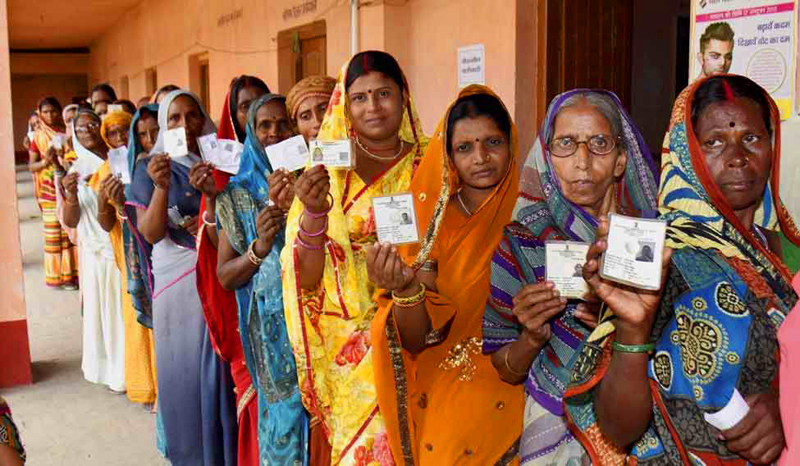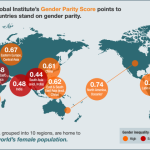Bihar elections results are out, and the red carpet has been rolled out for the mahagathbandhan aka the grand alliance of the RJD-JD (U)-Congress combine. Out of the 29 women who got tickets from the grand alliance, 23 have won. The alliance claims to be the voice of the oppressed and the marginalized social groups. A good chunk of the grand alliance’s MLA’s being women, looks good for the political atmosphere of Bihar, and the country. Even though 23 seems like a small number, but considering that out of the 272 women contesting for the elections, only 28 have emerged victorious, it seems like a moderately good number.


Bihar witnessed a very high participation of women voters in this election. In fact the number of women voters has been increasing steadily since 2009. Compared to the voter turn-out of about 53 per cent in the last elections, this year’s 57% where 6 per cent more women voted than men, is an indication of women’s increasing political participation in Bihar.
Even though Bihar has one of the worst female literacy rates, it still has the distinction of one of the highest number of women legislators in its assembly and a higher voter turn-out of women than men. In 2010, 50 lakh more women have been brought on to the electoral roll in Bihar. This increasing participation of women in politics, can be attributed to the high level of social and political awareness of the women in Bihar.
At 11%, Indian women continue to be underrepresented in the parliament. Researchers have often pondered over whether an increased representation of women in the parliament can transform into quantitative changes such as increased participation of women in the national discourse. The same rule applies in case of reservation for women, and whether it can ensure political empowerment of women.
Reservation of seats in the decision-making bodies is a means of correcting the underrepresentation of women, who deserve equal participation in the political affairs of the country. Bihar was the first state to pass 50 percent reservation of women in panchayat. Detractors have called the policy of women’s reservation, the rule of ‘proxy women’ who are remote-controlled by their male patriarchs. But Bihar is definitely showing a positive correlation between women’s increased representation in parliament and their increased political awareness, as it has been witnessing a constant increase in the women voter turn-out each year.
Donation for Centre for Social Research to Join our effort in rehabilitating Domestic Violence
Discuss this article on Facebook




